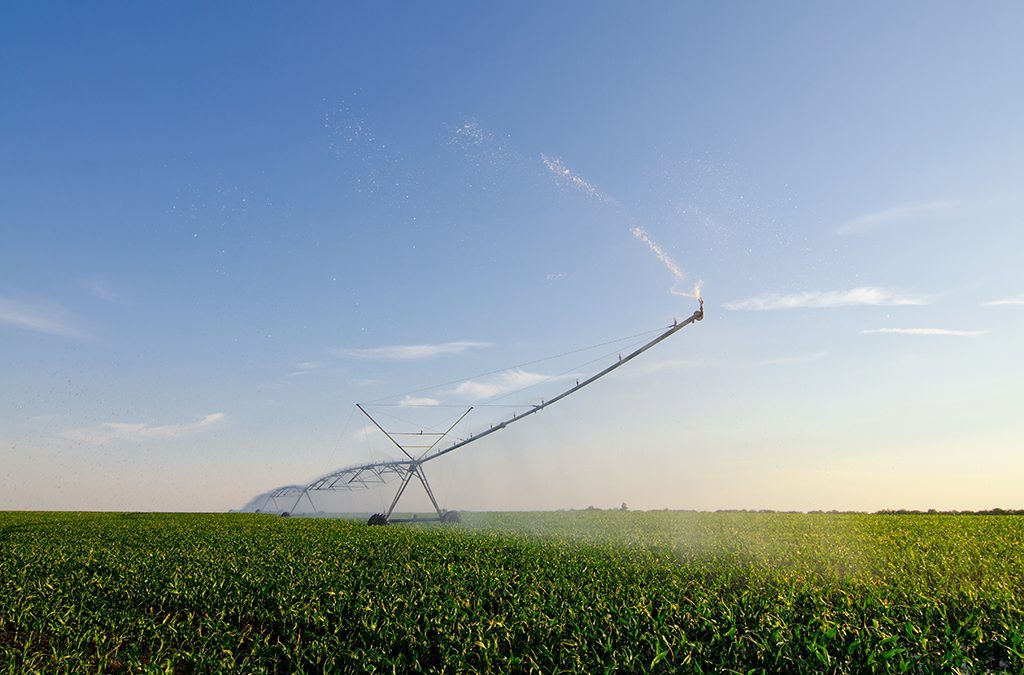Let’s talk about industrialised agriculture. It’s a user of water on a vast scale, as we know. What may be less well known is that water is applied at different times during a growing cycle and at different levels of cleanliness.
That may sound shocking at first until you consider food you might grow in an allotment or back garden. Rain, or untreated water from a standpipe or borehole, will do fine – most of the time. The ground is unlikely to be pristine either. The important bit, especially if yours is a major operation serving one of the big grocery chains, is pre-harvest.
At that stage the cabbage or lettuce (for example) needs to come out of the ground in good — and clean — condition. Cleaning it with tap water is one approach. However, if you use ozone-treated water, you have an approach that not only offers clean water but can also disinfect crops. In fact, applied to a cabbage or lettuce, say, ozonation also offers all the benefits of a biocide – with none of the disadvantages. If it enters the water system or gets ingested by humans, there’s no adverse effect.
With our approach the biocide is inherent in the ozonated water – but we can raise the amount if we wish, in order not just to clean the water but to actively kill bugs.
The main bug of interest in this case is E. coli. It’s not an issue during growing but when it comes to harvesting, the agricultural water supplies must not be contaminated with E. coli. Our ozonated water not only kills the E. coli but we can use measurement techniques that tell us it’s done so.
In other words, ozonated water is dual purpose: it can be used for both irrigation and cleaning, depending on how you treat and meter it. More to the point, you can treat it at source; fetching clean water from miles away won’t be necessary.
It’s such a good idea that you wonder why no one thought about it already. The answer is many people did. The only problem was the massive cost of ozonation. Bring that cost down and ozonation becomes viable. That is what we’ve done. As costs further decline ozonation will save farmers money and time as well as controlling bugs. Farmers – and their crops – will no doubt drink to that.

